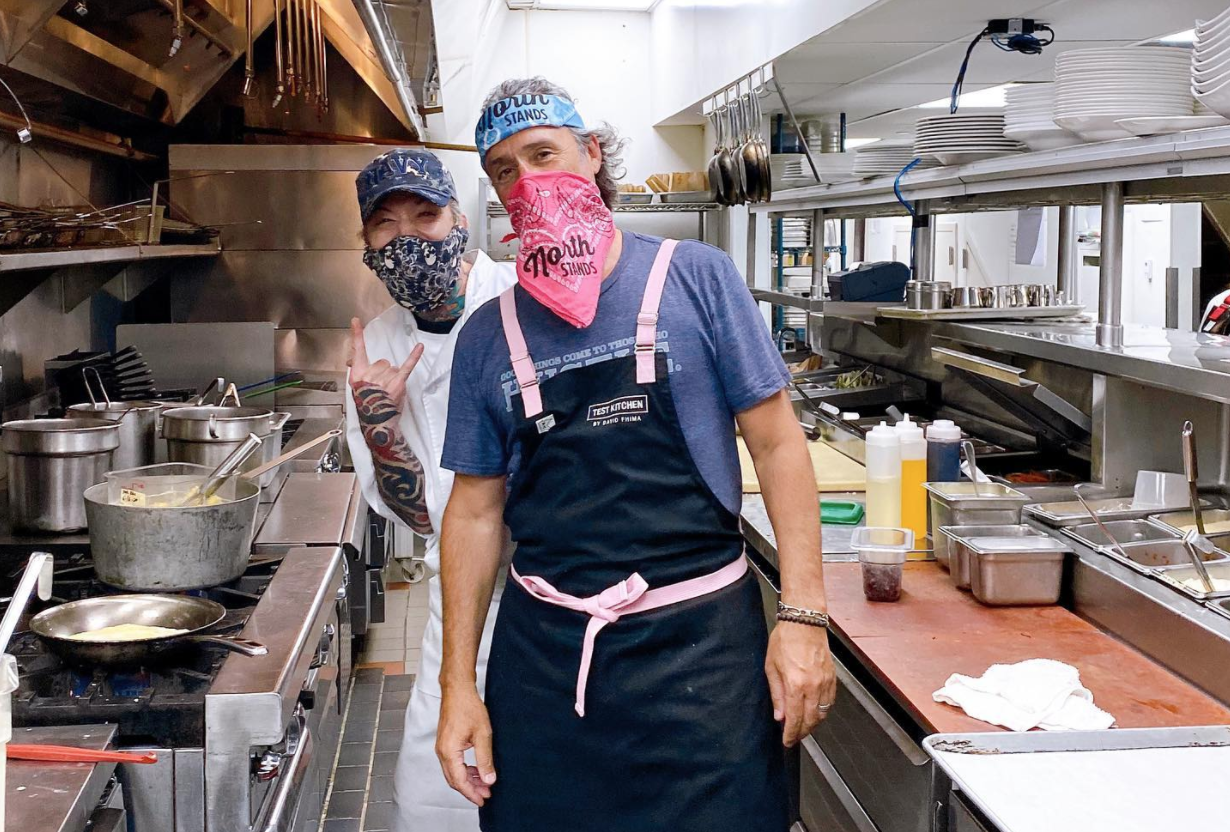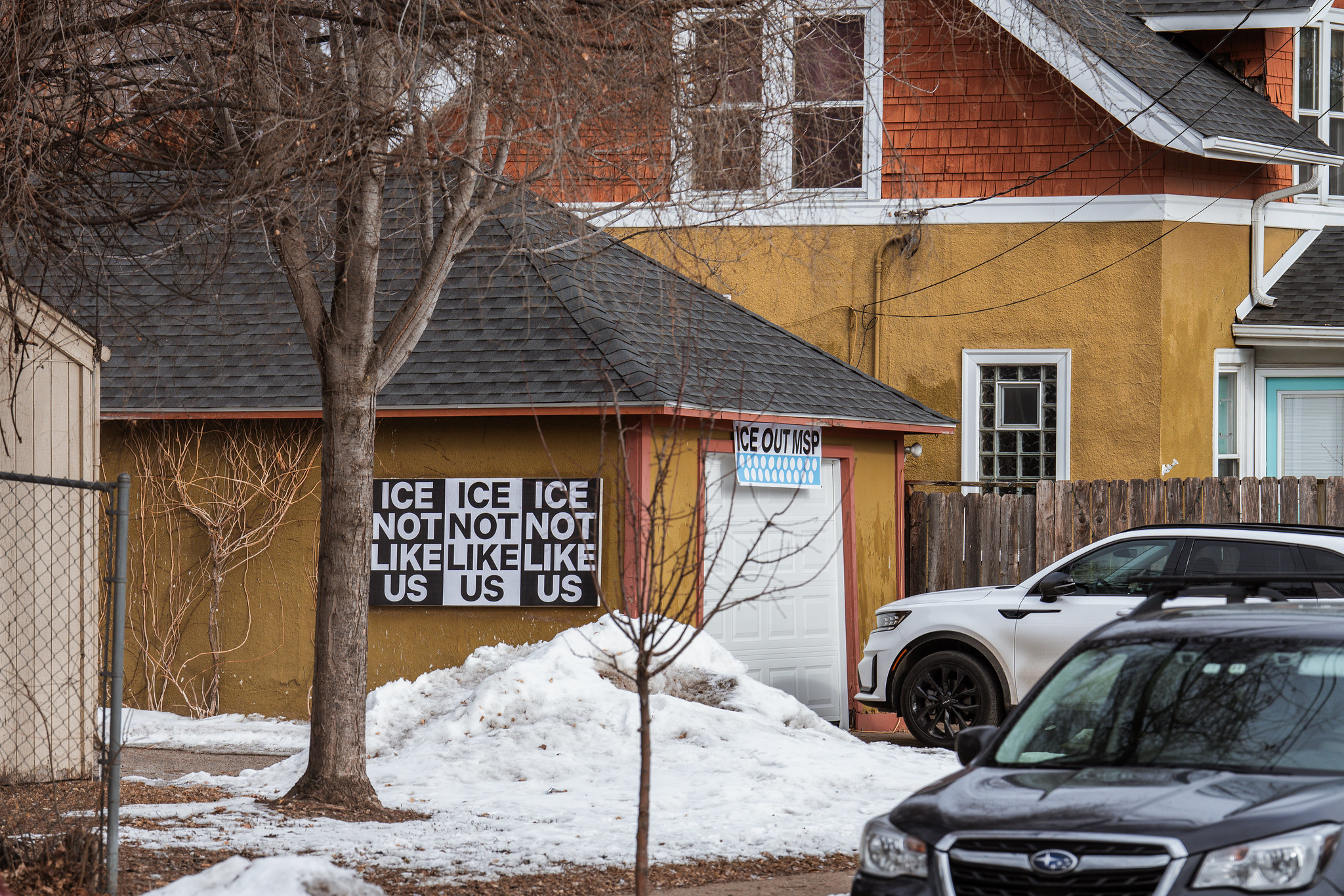People have a lot to say about downtown Minneapolis these days—the crime, the empty buildings, the shaky future. Although most property crimes and violent crimes are down overall, there's a lingering perception that they're way up. The Minneapolis Downtown Council spent 2021 insisting that rhetoric around defunding the police killed real estate deals.
Chef David Fhima doesn't feel that way.
Fhima has been frustrated by the way people have talked about Minneapolis over the last few years. After the murder of George Floyd and the uprising that followed, he says, "all you could hear about Minneapolis is: This is bad, this is bad, this is bad."
He knows it's been tough; his restaurant, Fhima's, is located in downtown Minneapolis, and yes, it was damaged during the unrest after Floyd's murder. But unlike skittish developers and disinterested entrepreneurs, he's sticking with Minneapolis. The Fhima family will soon open Mother Dough bakery and coffee shop in downtown Minneapolis's Capella Tower, and they just announced a huge new three-story project nearby in the North Loop.
"We wanted to stop talking about it and do something about it," Fhima says. "So we decided, let's make this restaurant about looking at all these communities who bring so much culture, flavor, and taste into your lives."
The yet-unnamed new venture (Moulin Rouge is the name of the ownership group) will have a home in the former Ribnick Furs building (224 N. First St.), which closed in December after 76 years. The "world-class venue" will boast a swanky basement speakeasy, a French brasserie on the main floor, and, above that, an events center with a patio overlooking the tracks.
But it'll be more than a restaurant—the restaurant complex will also fold in a food justice platform that showcases the diverse cultural talents in the Twin Cities. Fhima says staff members will be involved in creating the menu and telling the story of their heritage through food, and he's spoken with a number of chefs who are willing to help lead mentorship programs to strengthen the city's culinary community, particularly people of color.
"We are going to take one of the most high-profile buildings in the state and make it about telling the story of the BIPOC community," Fhima says.
Since this is a historical building, they'll be restoring everything they can rather than demolishing it, not unlike the way they preserved the art-deco splendor of Fhima's in downtown Minneapolis. ("I'm a sucker for punishment everywhere I go," he laughs.) Between the building itself and the community focus, the result should be a place that is both cozy and elegant, timeless and very much of the moment we're in.
For Fhima, this project is about showcasing the great things about Minneapolis. He's especially interested in bringing a kind of cultural awakening to the North Loop, a largely affluent area that doesn't often have to reckon with issues of racial and societal injustice. (Before the Ribnick building became available, Fhima looked at the old Bachelor Farmer/Marvel Bar space.)
"These are not the places where this is happening a lot," Fhima says. "And think about it: It's an industry that's mostly supported by people who have so much to offer from a cultural standpoint. This is about saying, 'How can we elevate that community and be part of the solution?'"






